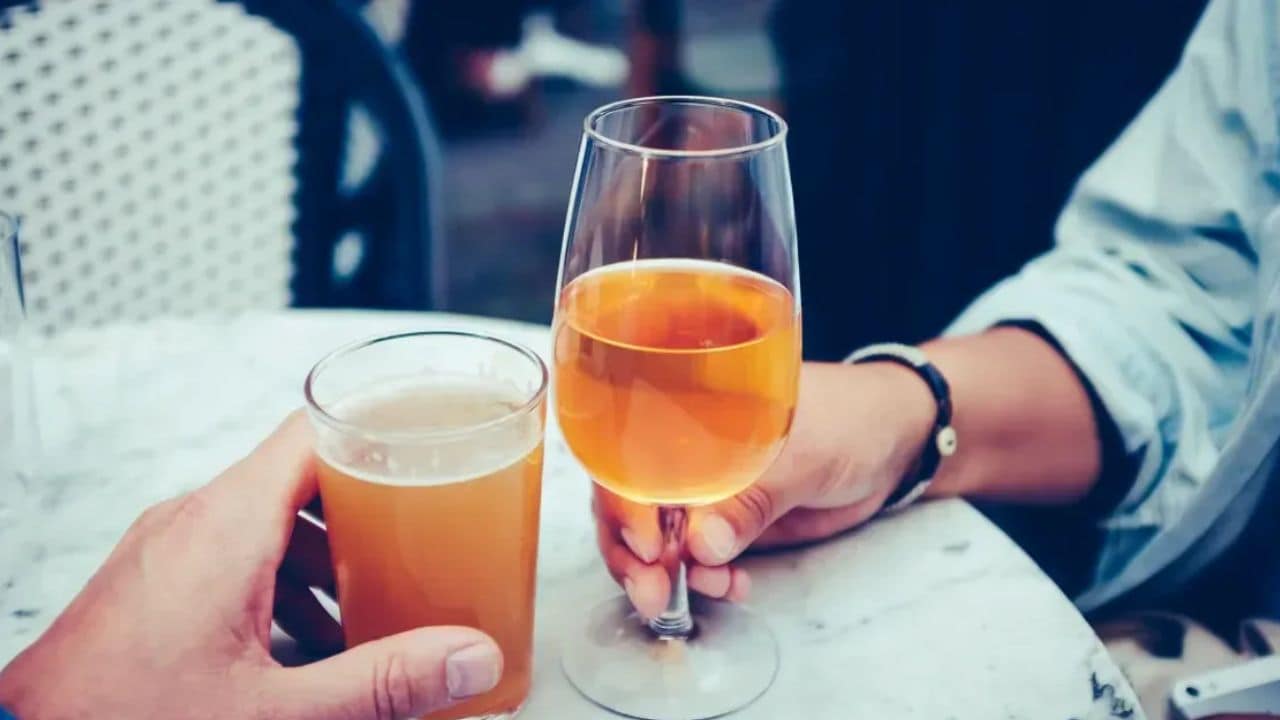By Amitabh Pande
India stands at the cusp of a new era, where transformation is unfolding in every sector, and how we create, consume, and connect is being redefined.
Since the early 90s, profound economic reforms have catapulted the country from a hesitant, inward-looking economy, into a dynamic global leader. These changes, along with rapid urbanisation, the rise of a burgeoning middle class, and a youthful, aspirational population, have reshaped the very fabric of Indian society. The shift towards modern, experience-driven consumption is especially evident in sectors like alcobev, where social dynamics and cultural norms are evolving. What was once a cautious, traditional market is now setting the pace for global change.
This transformation goes beyond economics; its personal and cultural, woven into the everyday lives, aspirations, and celebrations of over a billion people. As India’s evolution continues, it sparks innovation, challenges outdated norms and reshapes how we embrace new experiences.
One of the most visible markers of this change is the nation’s evolving relationship with alcohol, now a symbol of both connection and celebration. Today, the simple act of raising a glass reflects a broader cultural awakening, signalling a shift towards a new, vibrant India.
The normalisation of alcohol: A cultural awakening
For decades, alcohol was a subject of hushed tones, wrapped in cultural taboos and moral scrutiny. Today, those quiet whispers have given way to open and thoughtful discussions. Alcohol has evolved beyond a mere drink; it now represents a way to share experiences, mark milestones, and approach consumption with intention.
The numbers highlight this shift: India’s alco-bev market, valued at $52.4 billion, is expected to reach $64 billion by 2030, contributing 25 percent of all new global legal drinking age (LDA) consumers in the next five years. Industry estimates further affirm India’s position as a growth leader in the global alco-bev market, a testament to its evolving mindset and rising levels of affluence.
Women: Shaping the future of beverages
Change often begins at the edges, and in India, women are leading a quiet but powerful revolution in alcobev. Historically characterised by male-dominated consumption, the industry is now witnessing a transformation where women aren’t just participating – they’re driving demand for premium spirits, including gin, tequila, and liqueurs.
Women now represent 40 percent of luxury alcohol consumption in India, up from 25 percent just a few years ago, and they account for an impressive 64 percent of the new growth in single malt sales. This isn’t merely a market shift; it’s a cultural reset – with women participating in nearly a third of drinking occasions. Safer, more inclusive retail environments have amplified this trend, empowering women to assert their choices based on preferences and occasions. And as female mixologists, alcobev consultants, master tasters and startup entrepreneurs rise, we see women breaking stereotypes and redefining success.
The age of ‘Premiumisation’
In India, aspiration has shifted from acquiring material goods to experiencing meaningful moments. In the alcobev industry, this shift manifests as premiumisation, where today’s consumer seeks quality over quantity. It’s no longer about drinking more; it’s about drinking better. The premium segment is flourishing, with products like aged single malts and limited-edition cocktails offering a unique blend of heritage, artistry, and individuality. Luxury in this new era is redefined – not just as indulgence, but as a reflection of personal taste and distinction, where craftsmanship and authenticity become the true measures of value.
A celebration of heritage
For years, Indian consumers have viewed imported spirits as aspirational. While this continues, what’s interesting to note is a renewed sense of pride in ‘Made-in-India’ brands. Homegrown craft gins and single malts now compete with the best in the world, not just in quality, but in prestige.
Brands like Godawan are leading the charge, blending tradition with innovation and crafting products that resonate with the modern palate. The revival of heritage spirits like Mahua and Feni has turned these drinks into cultural symbols, showcasing India’s rich legacy reimagined for contemporary consumers.
Ultimately, India’s journey is not only about growth; it is about redefining its identity while honouring its rich heritage. The changing perceptions of alcohol reflect this larger transformation, embodying the country’s rising cultural sophistication. As India positions itself as a global leader, its evolving approach to alcohol consumption signals a broader shift—one that mirrors the nation’s ambition to lead rather than follow. In this era, India is not simply participating in global trends; it is shaping them— one glass at a time.
Read More: Sustainability by design is a strong pillar for Diageo, says Ruchira Jaitly
Amitabh Pande is the EVP, Strategy, Consumer Planning & Digital Transformation at Diageo India.
